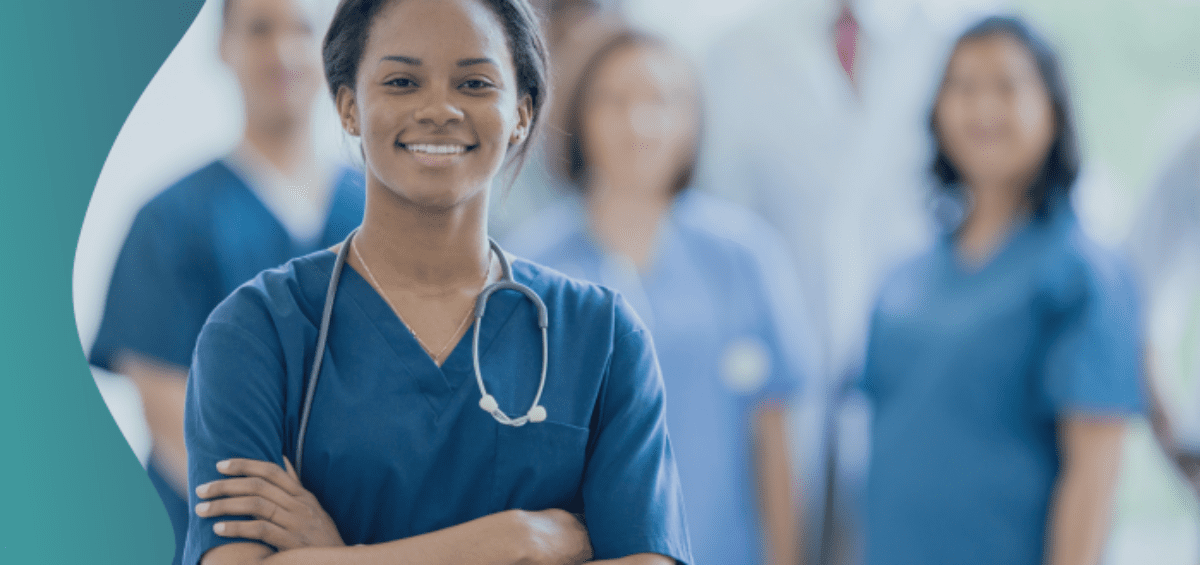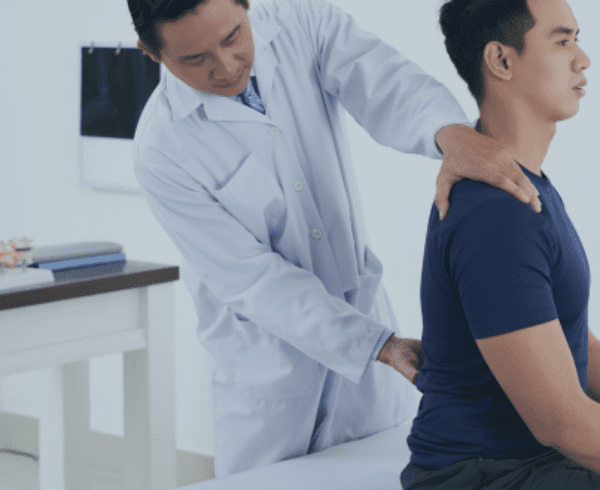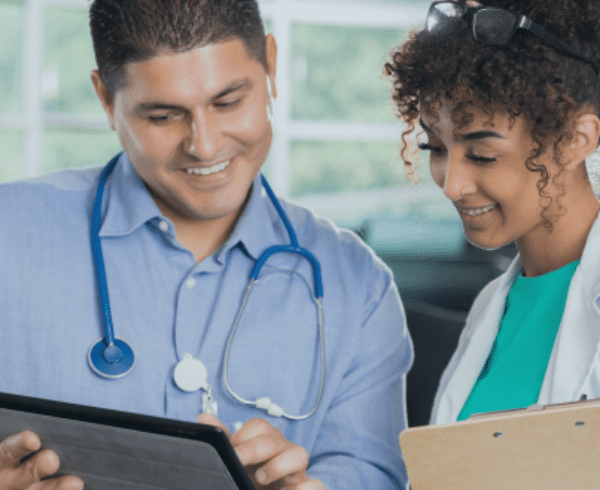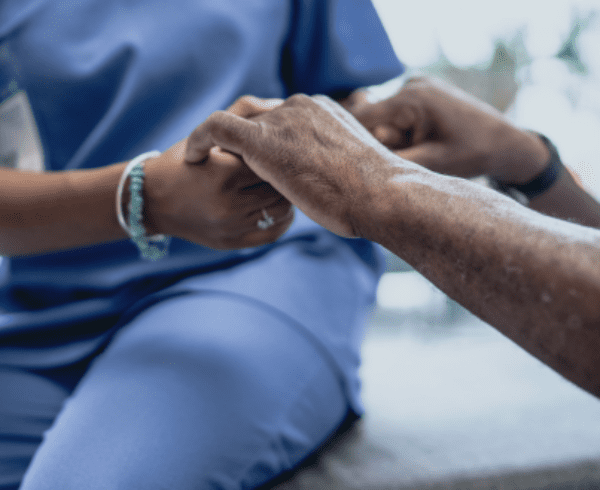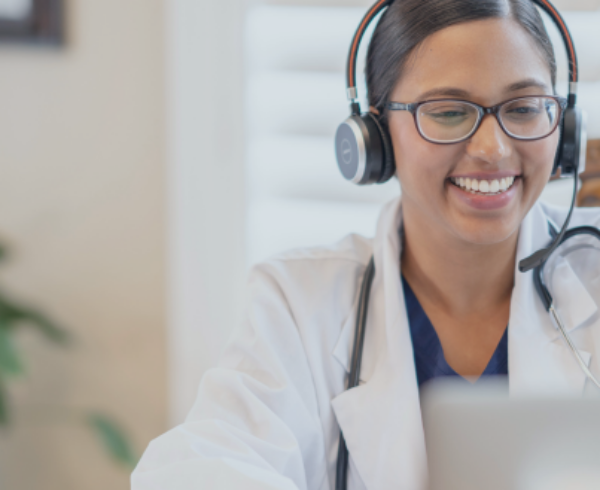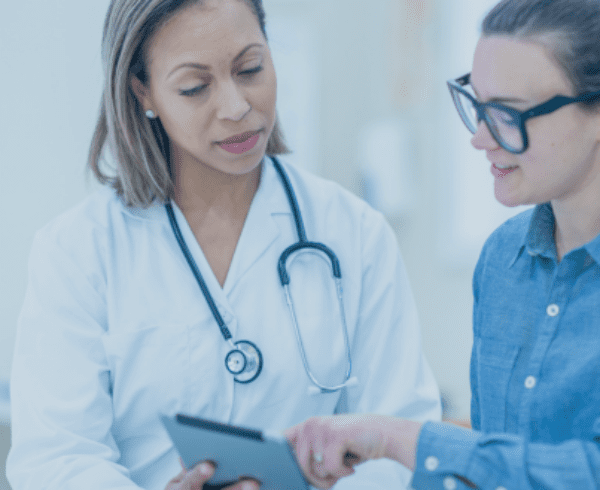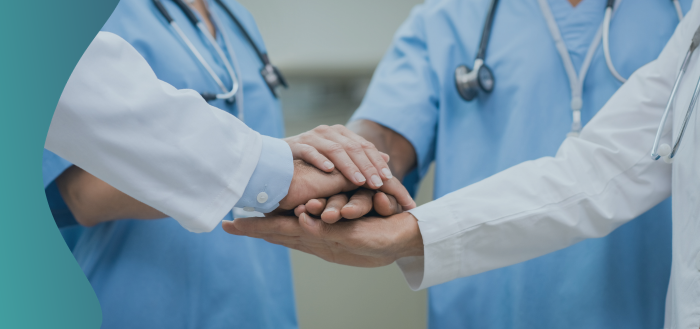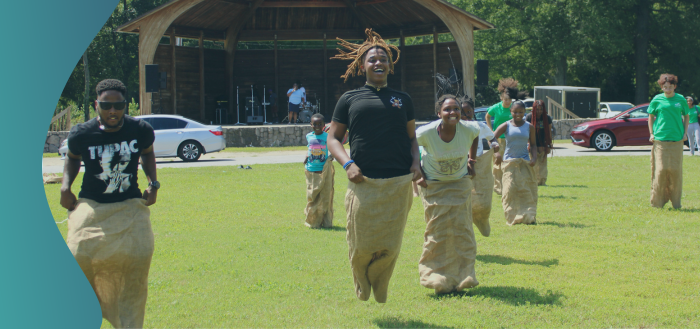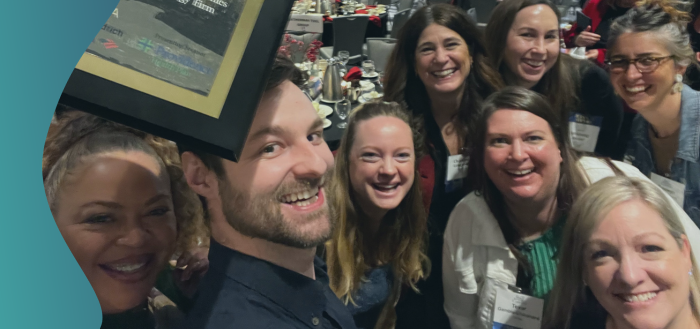June 11, 2021
As a child who moved to the United States from Guatemala with her family when she was nine years old, Sofi Rossil-Bolaños knew it was not easy to access health care in this country. She grew up with the idea that she could not get sick or hurt because her family’s lack of insurance and cultural barriers made it difficult to access affordable health care. It wasn’t until 12 years later when Rossil-Bolaños moved to Seattle, Washington, to pursue her bachelor’s degree in public health that she received full medical care for the first time at a federally qualified health center called Neighborcare Health. Her experience receiving holistic and culturally appropriate health care from Neighborcare Health not only motivated her to pursue a career in public health, but also inspired her to apply for OCHIN’s pilot program in Washington that partners AmeriCorps members with OCHIN network members.
“It was really important for me to work with Neighborcare because they provided that first step for me and I wanted to be that first step for many others, especially the Latino population and Spanish-speaking patients,” said Rossil-Bolaños. “I see this experience as a really important way to give back to my community.”
Increasing Capacity for Culturally Appropriate Outreach
Through an opportunity with the Washington Service Corps, OCHIN recruits AmeriCorps members like Rossil-Bolaños to provide crucial support services for OCHIN network members in Washington state. Neighborcare Health, which serves a large population of people experiencing housing insecurity, as well as patients who are uninsured or publicly insured by Medicare or Medicaid, was interested in participating in this pilot program to expand outreach services during COVID-19.
“We wanted to create a position that would focus on outreach, focus on reporting, and focus on being a patient navigator for those patients who are the most vulnerable people in our community,” said Kate Greenawalt, Operations Project Manager at Neighborcare Health. “We interviewed a number of different candidates and Sofi really stuck out to us because of her commitment to public health and passion for community health. She has done an amazing job building out our outreach program for the COVID-19 vaccine.”
The patient relationships that Rossil-Bolaños has fostered in the process of expanding Neighborcare Health’s COVID-19 outreach system have helped increase vaccination rates and encouraged greater access to medical care, demonstrating the importance of ongoing outreach to improve community health. She attends every single mass vaccination event, follows up with patients to schedule appointments, tracks down patients to reschedule vaccine appointments if they miss them, helps secure transportation to appointments, and connects with patients in both English and Spanish to help them access any other health services they may need. By having just one staff member dedicated to outreach, Neighborcare Health has found that it has been able to increase trust and patient engagement among underserved and minoritized communities, ensuring that more people have access to the care they need to stay healthy.
“Outreach is one of those things in community health that everyone wants to do, but it comes down to a matter of time and resources,” said Greenawalt. “The biggest benefit of having an AmeriCorps member for us has been consistency and having one person dedicated to outreach who is always the point of contact for the patients. Sofi gives the patients her direct telephone line, provides or connects patients with tailored culturally appropriate services, and adds that personal touch to the outreach system that creates trust and encourages patients to schedule appointments and seek care.”
Cultivating the Next Generation of Health Care Professionals
In addition to helping health centers fill needed roles to close gaps in their operations, OCHIN’s pilot program also increases talent and equity in the medical workforce by connecting a more diverse pool of young people to career development opportunities in community health centers. For example, OCHIN provided Rossil-Bolaños with training on how to use the OCHIN Epic Model System, Neighborcare Health’s electronic health records (EHR) system, which she used to create lists of patients who have not received the vaccine and to speed up processes during mass vaccination clinics by ensuring that reports are run correctly.
Another way that this program supported Rossil-Bolaños’s professional growth was by exposing her to the entire health system, which has helped her explore what type of career she may want to pursue in the future. Before she participated in this program, she was thinking of becoming a physician; now she is considering a variety of roles in the health system, including getting her Master of Public Health or becoming a Physician Assistant. She has also been able to make professional connections within Neighborcare Health that will help her as she shapes her career moving forward.
“I have really liked having two partnerships, one with OCHIN, where I get to learn the technical side with trainings, and one with Neighborcare Health, where I get to work with patients and see the impact of my work,” said Rossil-Bolaños. “I really like that OCHIN takes a personal interest in how I am doing in this position and how this will change my career in the future, and I feel like OCHIN cares about me and the work that I am doing.”
Supporting Ongoing Workforce Development
OCHIN’s investments in workforce development are designed to help sustain community-based health care organizations by ensuring they have access to the talent and technical support needed to meet increasing demand, without overburdening their staff. The unprecedented challenges of this past year have taxed the health care workforce nationally. By supporting workforce development, OCHIN is working to address key challenges related to staff turnover and clinician burnout. In the OCHIN network, for example, 33% of clinicians expressed feelings of burnout in 2020 and members have experienced roughly a 10% staff turnover rate among site specialists and those in C-level leadership positions over the past year, according to OCHIN Epic data.
“The COVID-19 pandemic vividly demonstrates the need for a community health workforce that is both culturally competent and tech-savvy,” said Josh Lemieux, Vice President of Development and Foundation Engagement at OCHIN. “With partners like Washington Service Corps and Neighborcare Health, OCHIN is helping train the next generation of health workers to build career paths while they serve their communities.”
As the pilot program draws to a close in September 2021, OCHIN is continuing to explore opportunities to support workforce development for its members, including participating in another service cycle with the Washington Service Corps in the fall. In doing so, OCHIN hopes to build and train capacity for health workers to support community-based health care organizations across the United States as they continue to address challenges of the COVID-19 pandemic and work to advance health equity.
Neighborcare is an OCHIN HCCN participating health center (PHC). OCHIN’s HCCN is the country’s largest—helping nearly 100 diverse health centers serving over 2.2 million patients nationwide leverage health information technology (HIT) in transformative ways that foster continuous quality improvement. Learn about participation here.


